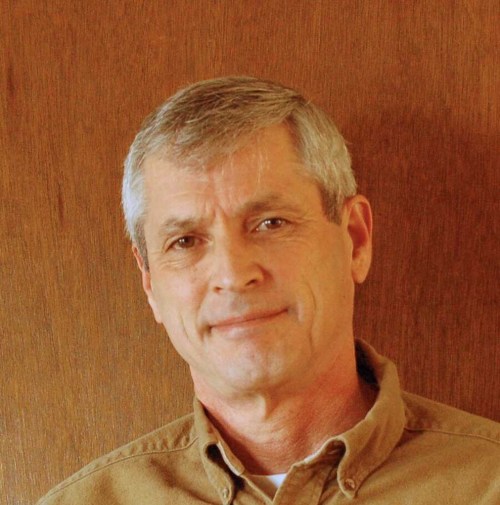Understanding our changing climate: What we do today will define us tomorrow
Published 7:00 am Saturday, April 20, 2024

- Blackwood
Earth Day was originally established on April 22, 1970, to provide education and awareness of environmental issues. It was the brainchild of then-Sen. Gaylord Nelson, who in 1969 introduced the idea to bring attention to environmental issues of the day.
Since then, it has become the largest single civic event in the world, with billions of people engaged in 192 countries. With its popularity worldwide, Earth Day continues to educate and promote awareness to protect and conserve our planet and sustain life as we know it.
Two of the greatest challenges facing our planet and civilization today are declining biodiversity within our environments, and climate change.
For all species, including humans, we gain strength through diversity. When we have a rich diversity of habitats, plants, animals, fish, insects, and other living things, we are much more resilient to threats and changes that degrade our ways of life. We currently are facing the decline and extinction of species at a rate never seen in modern times. As our human populations continue to grow, more demands for land and resources reduce habitats and stress other species.
Climate scientists have warned us for decades of the reality and consequences of a warming planet and how this will impact all our lives, no matter what our individual economic, political or cultural beliefs may be. Their warnings are now bearing fruit. This past year was the hottest year on record globally. The past 10 years have been the hottest on record also.
Regionally, we are seeing snowpacks melting earlier in the spring, warmer summer stream temperatures, declining groundwater levels, and hotter, drier summers, among other things.
Often adversity spurs innovation. Tribes, landowners and agencies have been working for decades to improve watershed health and riparian habitats. Regenerative and precision agricultural practices are developing ways of further conserving soil and carbon. The city of Pendleton has adopted several innovative approaches to water conservation, groundwater replenishment, and solarizing residences, businesses and public facilities. Each year, we see more renewable energy projects on the landscape.
These efforts are a recognition that we have moved past debating if climate change is real to working on ways of reducing the adverse impacts of a warming planet. There are still many challenges, however. Besides being the hottest year ever recorded, global greenhouse gas emissions set records as well, according to the National Oceanic and Atmospheric Administration.
Locally, the Eastern Oregon Climate Change Coalition, a nonpartisan, nonprofit organization, partnered with three regional art centers to sponsor youth climate change poster contests. The results were a combination of amazing talent and diverse creative expression but with an overall theme of youth anxiety, frustration and despair over what their future may be.
Our younger generations have energy and their own power that is challenging older generational leadership. Our politicians and community leaders should be taking note and engaging with this energy and these ideas.
There is still time to address both the biodiversity and climate change issues in ways that are economically feasible and culturally and socially acceptable to reduce the impacts of these changes to our world. It will take personal and political will to do so, along with a sense of urgency.
The next four years will be critical in making progress or regressing in our attempts to sustain this old planet we call home. More resources are available at the eoc3.org website.
Enjoy Earth Day on April 22. There are many ways to honor our planet, but basically, we need to acknowledge our interdependency with our surrounding environment and the fragility and resilience of this interdependency. The Earth and its resources are sustainers of life and not just assets to be used for our short-term human needs.
How we take care of the Earth and our local environments today will define us as a civilization for generations to come.









